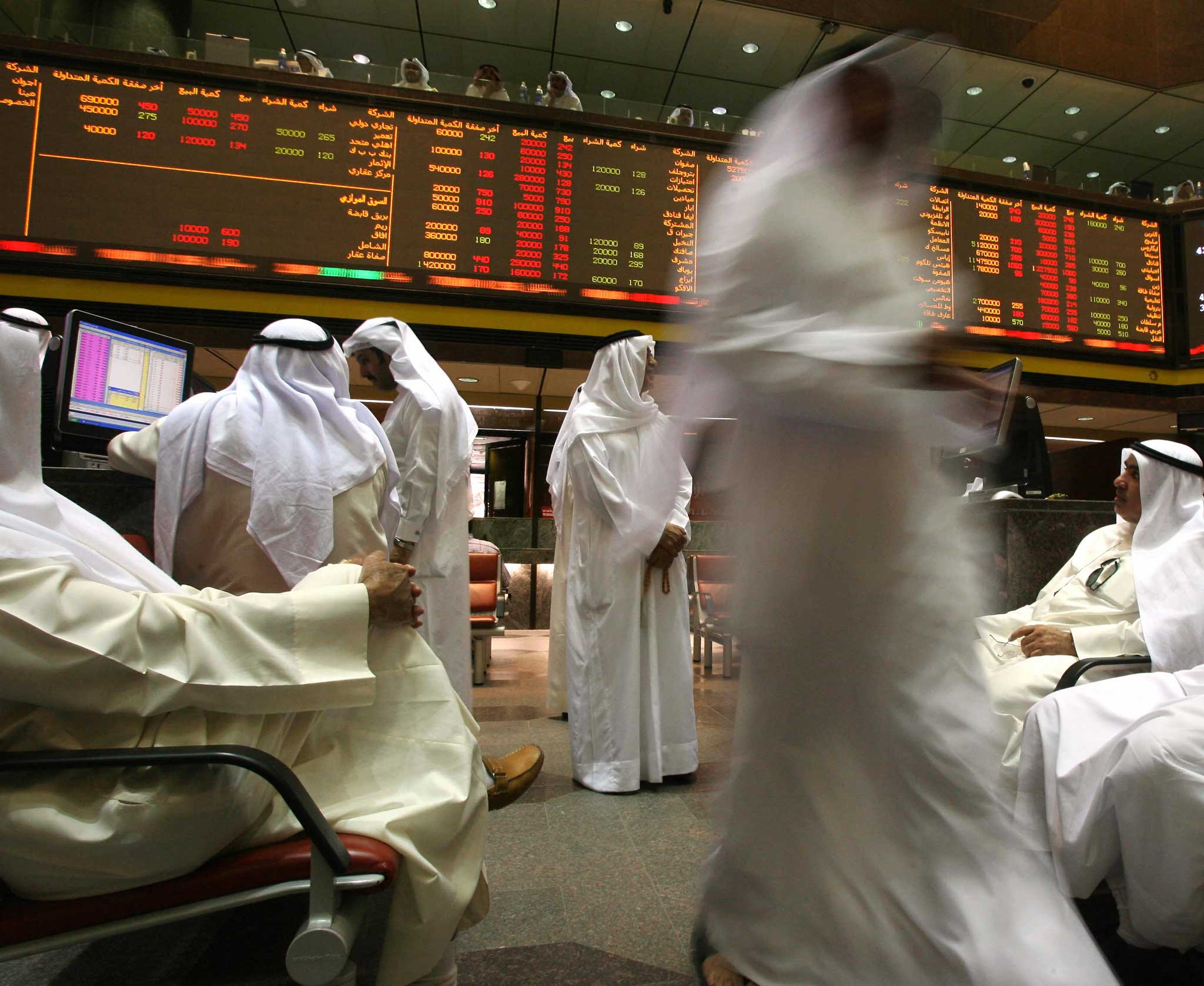Heaven's Bankers by Harris Irfan, book review: How high deals of Islamic banking were brought low

Immediately after 9/11, international banks profiled their Middle Eastern account holders in meticulous detail. There was a general suspicion that they were aiding terrorists. The account holders reacted by transforming their clean money to the Gulf states, triggering a regional explosion in bank assets, stock markets and property.
The simultaneous rise in Islamophobia in the West encouraged a multitude of young and bright Muslim bankers and financial experts to migrate to the Emirates. The sheikdoms welcomed them by creating freehold property zones. The scene was thus set for Islamic finance to emerge from a curiosity on the margins to become a lucrative global enterprise.
Harris Irfan was amongst those who migrated to Dubai. As soon as he arrived, the ruler established the Dubai International Financial Centre – "a square mile of real state on a patch of desert with little surrounding infrastructure". The sole purpose of the Centre was to develop a thriving Islamic finance industry. In Heaven's Bankers: Inside the Hidden World of Islamic Bankers, Irfan relates the punch-drunk story of what happened next.
As a discipline, Islamic economics has a much longer history than indicated here. Its roots can be traced back to the more hopeful times of 1960s and 1970s, when there was a great deal of talk about "Islamic resurgence". Committed Muslim scholars everywhere were trying to develop alternatives to capitalism and socialism. The goal was to develop an economic system based on Islamic principles that outlaw interest and speculation, insist on limiting uncertainty, and aim at promoting equity, responsibility, and social justice. Since then Islamic economics has developed into a sophisticated theory and practice.
During the 1980s and 1990s, Islamic banks mushroomed in Egypt, India, Iran, Malaysia and Pakistan. But before the boom chartered by Irfan, Islamic finance was a limited local affair. One of the first experiments was the Mir Ghamr Savings Bank in Egypt, a small profit-sharing institution that did not give or receive interest, engaged in commerce and industry, sharing its profits with depositors. It was more a vehicle for savings and investments than a bank. Later Islamic banks followed a similar model.
Things changed when the "rocket scientists of Deutsche Bank", Goldman Sachs, HSBC and other big boys arrived on the scene. They saw Islamic finance as an opportunity for quick profit. Muftis and Mullahs were hired at footballers' salaries to make some of their product "Sharia compliant", and bankers such as Irfan to sell them to an unsuspected Muslim public. Soon we had products such as sukuk (the equivalent of interest on bonds), hilah contracts (which substituted bank charges for interest) and Islamic finance became embroiled in hedge funds, derivatives and other dubious instruments justified in the name of Islam.
Irfan tells the story of high jinks and deceitful behaviour with great relish. While he is rather reverential towards "billion-dollar scholars", he does expose their knack for finding religious justification for every seedy product. The debate between scholars attacking and defending Islamic finance is particularly illuminating.In the end, Irfan realises that Islamic finance is nothing but a confidence trick.
He is a "charlatan", suffering from "incoherent pietism" and "cognitive dissonance". The very institution of the bank, as it operates today, is intrinsically un-Islamic, forcing bankers such as him "to squeeze a square peg into a round hole". It is a refreshing confession. It will upset the pious eager to find "Sharia compliant" institutions for their hard-earned cash. But it vindicates what so many intellectuals have been saying for decades. One failure, albeit a monumental one, should not mean that the search for an ethical Islamic economy should cease. In fact, it begins all over again.
Ziauddin Sardar is the editor of 'Critical Muslim'
Subscribe to Independent Premium to bookmark this article
Want to bookmark your favourite articles and stories to read or reference later? Start your Independent Premium subscription today.

Join our commenting forum
Join thought-provoking conversations, follow other Independent readers and see their replies